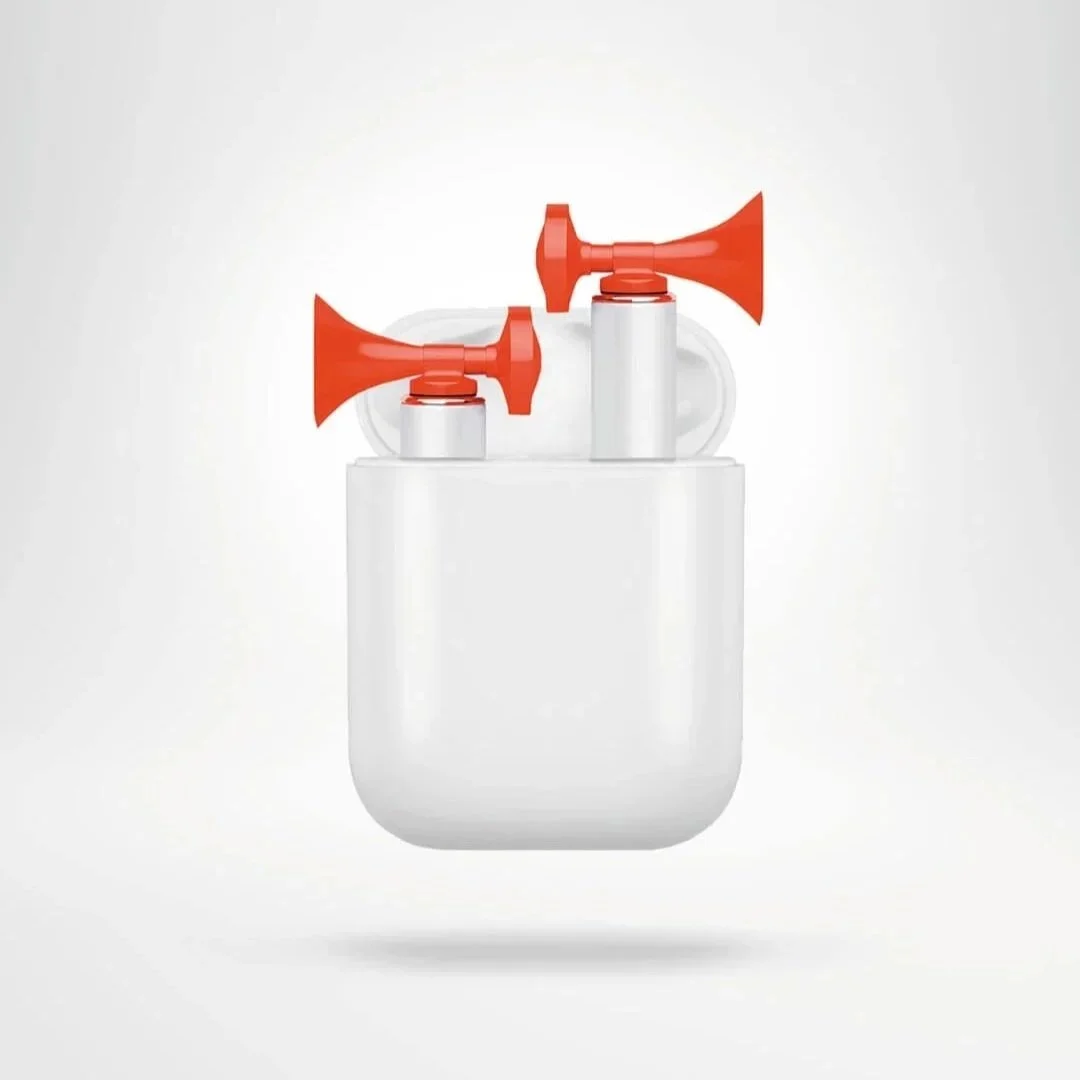By David Mueller
I’ve always had difficulties in remembering what I have heard (lyrics, poems, conversations), and I was in college when it came to light that I had an issue. Even in my K-12 educational years, it was noticed by my teachers (I was labeled “high potential, low achiever”), but had no support and was left to my own devices. So, at an early age I had to develop my own coping strategies.
Photography allows David Mueller to have alone time to collect his thoughts, to rely on a superpower (visual), and to relinquish control (and trust his instincts). Credit: David Mueller
My Achilles heel has always been learning a foreign language. Taking first-year Spanish for the fourth time, and failing miserably, is when my professor took me aside and told me he thinks I might have a learning (dis)ability. He took me to the college learning center and I took a ton of tests. It was determined back then that I was afflicted with auditory dyslexia (which ended up being a misdiagnosis). This testing revealed that I had an “auditory memory” of less than 7 percent. Hence the reason I could never learn a foreign language because of the strictly auditory environment—my brain could never sync in and make sense of the sounds of the foreign words and connect them to their meaning.
The learning center was so impressed with my high scores and coping strategies. When they gave me the misdiagnosis of auditory dyslexia, they said they were unable to help me because I already created my own coping strategies—which were as good, if not better, than what they could teach me.
I lived with that diagnosis for almost 30 years even though it never really felt right to me. Fast forward to a few years ago. When I was thinking of re-entering college (prior to Covid), I decided to get tested again to confirm (or not) the diagnosis.
I found an audiologist who would test me. First, they tested for hearing loss, and they didn’t find anything. Then we proceeded to the next test for (central) auditory processing disorder, and I was diagnosed with APD (in my case severe auditory processing and hearing interpretation deficits). I hear fine, but once the sound signal hits the eardrum and converts it to an electrical signal and works its way up the auditory nerve to the brain for processing, the signal goes out of whack and gets garbled.
My lifelong struggles with misinterpretations of sound stimulus are now clearly explained. There is no consensus on “what” causes this condition, but genetics can be a factor (which is most likely the source of my APD). But on the plus side, I am a great problem solver, out-of-the-box thinker, and good with numbers and databases. And I’ve developed solid strategies to allow me to manage and live with this (dis)ability.
Here’s How I’ve Coped With APD
Credit: David Mueller
I have found my strengths and weaknesses and built a strategy that works for my strengths (while understanding my weaknesses). For example, when reading, I have difficulties sounding out words, so I convert that group of symbols to a visuals/pictures, which bypasses the pronunciation issues (for example for “Italy” I do not see five letters, but the boot on a map). Another example: To remember items for shopping, I have a chalkboard in the kitchen, and take a photo of the list on my phone before going to the store
I am honest with myself, and accept my APD. People are for the most part are understanding, once you explain your condition. Give yourself extra time to process, it is okay.
I found hobbies that play to my strengths. This includes:
Photography: I am an amateur photographer and doing photography helps keep me calm. So when I am feeling stressed, I go out and take photos. It allows me to have alone time to collect my thoughts, to rely on a superpower (visual) and relinquish control (and trust my instincts).
Knitting: This allows my brain to focus on patterns and counting.
Meditation: When faced with being in a loud environment, I remember to breathe and do simple meditations to help me stay calm. When stressed, APD can escalate making my brain go out of whack, so I meditate to bring it under control.
I know my environment. I realize I need a quiet place to work so I avoid noisy areas like break rooms and conference rooms. In restaurants, I know where the quiet corners are, and navigate toward them when possible.
I recognize my differently abled mind and the beauty it brings. It’s okay to process information differently—actually it is a gift since we will always have to think outside the box. When I carry my APD with pride and acceptance, I am confident the world will, too!
So, even if I come off as “odd” or not paying attention, having and coping with APD is part of my daily existence. I do not rely on my auditory processing. I am extremely visual. I shy away from the written word, as I would rather show than write, but I was encouraged here to write down what’s worked for me in hopes it helps others in similar situations, especially as these coping mechanisms work beyond living with APD.
David Mueller lives in Washington State.









It bears repeating: What improves access for a group with a specific disability invariably also helps the greater population.